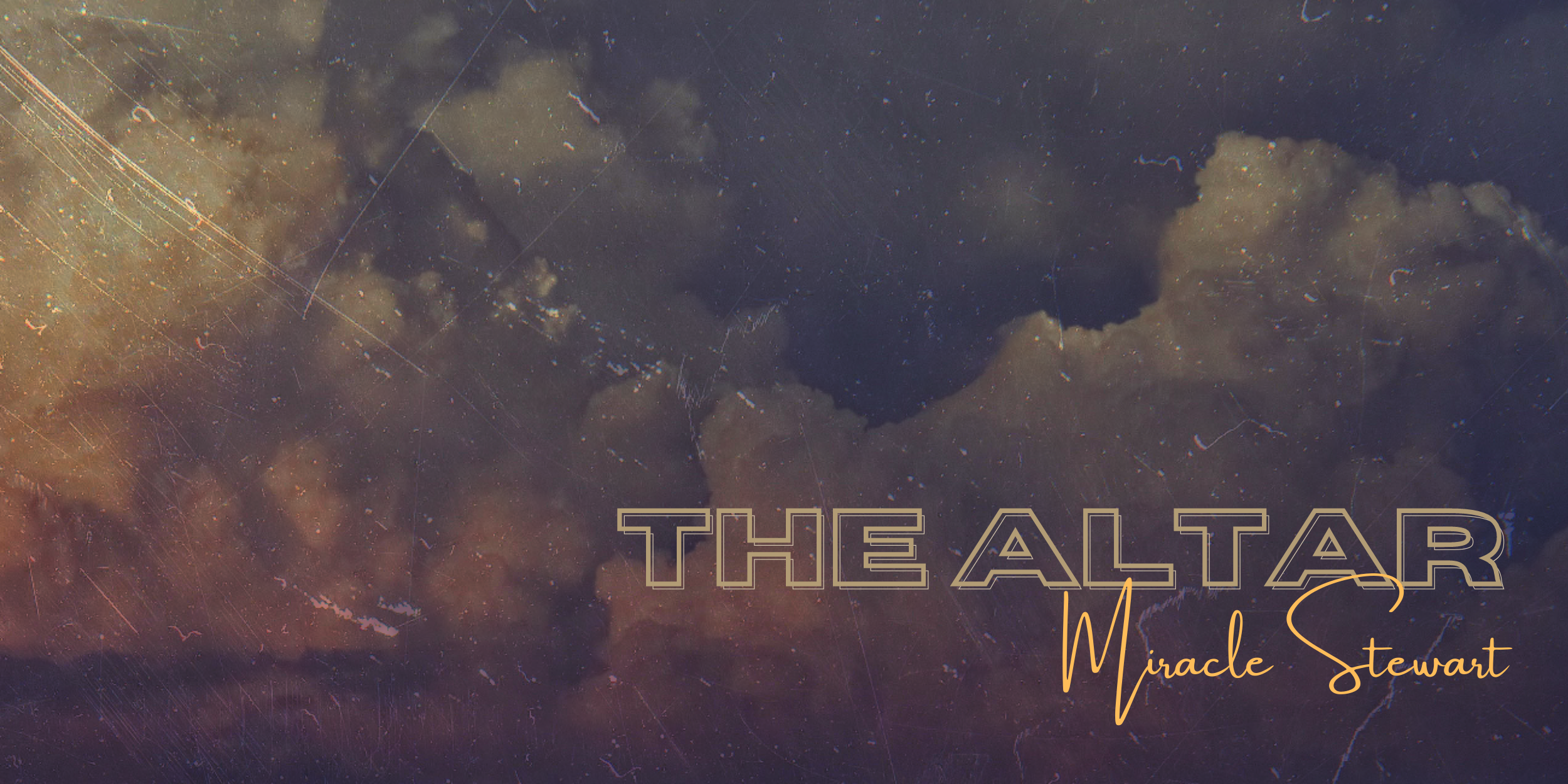
“If you’re reading this right now - unclench your jaw, relax your shoulders, and take a deep breath.”
Variations of this post have circulated every social media space since who knows how long. Regardless of its origin, this is the best and most simple reminder to choose ease, choose to let go, and choose to live.
A pandemic gift wrapped in a flailing government, this last physical year – although it feels like an intense emotional 5 years – has tested the resiliency of the human spirit. While there are days that I have been immensely inspired by front line workers, community aides, and direct action responders; there were a good amount of those days in which it was hard to not feel overwhelmed by the catastrophe we’ve witnessed individually and as a community. It has not been easy. Many of our friends and family did not survive 2020 and 2021. And while we’ve buried some, it is important to make sure that we are not burying large parts of ourselves with them.
One of the best tools for death reconciliation that I’ve come across is the building of an ancestral altar. It is a space you make where you are intentional on feeling your grief all the way through. It is also where you can go to reminisce on the memories and love you share with your deceased. Altars are unique and should fit your life and circumstance; be that in a shoebox, on the floor in the corner, in a whole room, or on a bookshelf. The foundation of an altar is built upon the 4 elements; a glass of water, lit candle, representation of earth (plants, stone, etc), and your intention. Although not necessary you can add memorabilia, incense, liquor, food, and any other offerings you feel called to. Ultimately your body alone is the greatest altar you have, since you are the culmination of all of your loved ones. You do not have to buy the most expensive adornments to be enough for them.
While ruminating on their transition (death), we have to consider the other side of that coin: life. Many familial traditions will hold memorial celebrations on death or birth days. Some set a place for the dead at the dinner table, and intentionally share memories of them. Others find fulfillment in stepping in to take care of family members on their behalf. Above all, the best way to honor your dead is to take care of yourself. Remember the joy and love shared between you. Intentionally live life to the fullest, it will help you to hold on to love while letting go of grief.
With loss comes a change in roles at home and change in identity. It's important to acknowledge that your life will look different at the end of your grief journey. There will come a time in which you’ll need to name your grief when it shows up as anger or depression. Healing takes time, so be gentle with yourself, and consciously love yourself through it.
Grief Affirmations
Grieving takes time,
and I am patient with my healing process
It’s ok to feel overwhelmed but I know it will not last
I release the tension in my body
In my grief, I love myself
I will be gentle with myself on this journey
I can ask for help if I need it
I am grateful for all of the love I have experienced
I take comfort in the memories of my loved ones
We are holding space for members of our community who would like to honor LIFE//DEATH by placing a memento of loss or joy on the TAUNT altar. Please email your photos, meaningful quotes or poetry, drawings, or other digital manifestations of remembrance for us to share in this space. We will receive offerings until March 15th. Thank you.
“As I illuminate the role of death in life, let us hold hands and walk through the
wilderness of loss together.”
Nicole of @emerald.awakenings
“We finally finished the homemade pickles my mom made for us last summer just two months before her unexpected death and I never knew how heavy an empty jar could be on the heart.”
Natosha Via
“In honor of my uncle Terry, who died from COVID-19 on New Years Day, and his wife, Mary Lou, who has been left to pick up the pieces of life in his absence.”
For Those Who Feel Helpless
Steven Michael Carr
this is not your love language
to sit to wait to do nothing
any other time you would
sit on her couch hold her hand and listen
not speak but listen to her sob and tell her
her family is here now
any other time you would leave
a pyrex of homemade lasagna
dropped off at whatever time is convenient
or take the kids for a few days
until everything is sorted out
they ask questions and you try
but you don’t understand either
any other time you would sit
in cushioned chairs and pulled up chairs
whatever flat surface you could fit on
all of you together in a circle
beverages and stories and
remember-the-time-whens
memories would keep him alive
in that room for as long as you sat
with the rest of them
your fingers itch
language bursting inside you
unable to escape the ants crawl
up your chest and down your back
you aren’t used to uselessness
she tells you her breath
could keep you from ever speaking
your native tongue again
it’s best you stay home this time
this is not your love language
but it is hers so you roll the consonants
around in your mouth your pores glistening
working the muscle behind your teeth
this is not your mother tongue
but you will try to learn it
because you want her to know
you love her in her own language
Miracle is a Black non-binary artist and Transition Doula. Working with everyone in the community, they intentionally center pan-African, Queer, disabled, and other marginalized voices in their deathcare and grief spaces. Their goal is collective wellness, with liberation in death and life.


